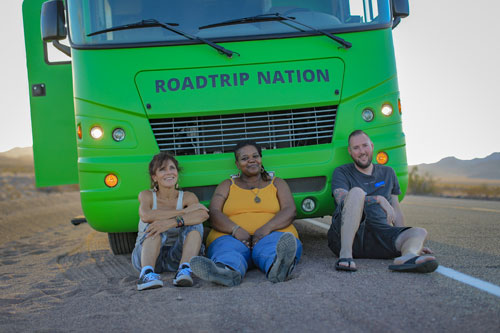
“There are other people whose roads have been full of obstacles and they needed to reroute their path much later on in life.” – 邁克爾·馬林納
整個國家都看到了對機器人將工作丟掉的恐懼. 許多專家預測,在瞬息萬變的世界中,傳統教育將成為人們是否具備發展能力的最大因素. 但, 人們在選擇職業或探索遵循興趣時可能會考慮的其他道路嗎??
Michael Marriner is the co-founder of Roadtrip Nation. After graduating from Harvard Business School, he sought to explore this question. He and a group of friends took an old green RV across America to learn how people got to where they are. He was featured in Forbes Magazine and released a book, 旅行國: 探索人生道路的指南. Fifteen years later, this has become an organization dedicated to helping people find career and life fulfillment. A fleet of RVs now carry the team to talk to everyone from Supreme Court justices to lobstermen to try and figure out how to build a career around a person’s unique combination of interests.
Marriner’s documentary, 重路由, tells the story of three people, 達娜, 傑瑞米, and Bernita. Dana has been farming all of her life and is looking to find a new career path. Jeremy is a veteran who is looking to start a company but has struggled due to a lack of coding skills. Bernita is a 48-year-old mother of two who feels disadvantaged due to her lack of a degree.
全球搜索教育 welcomed Michael Marriner, the co-founder of Roadtrip Nation to learn more.
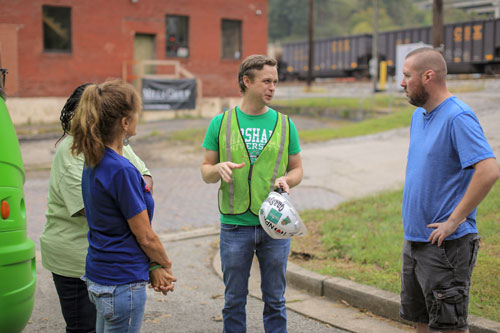
“Machines can only change if we program them to, but you have direct agency over your life and we so often forget that.” – 邁克爾·馬林納
What inspired you to make “Rerouting”? Is there a personal story behind it?
When Brian, Nate, and I started all this, we were young guys feeling restless about following the path we felt we were “supposed” to be on. As the years have gone by, we’ve realized that’s only one type of story Roadtrip Nation can tell. There are other people whose roads have been full of obstacles and they needed to reroute their path much later on in life. That was a huge point of inspiration for making a film like “Rerouting.”
Was there something unforgettable during the shooting of the documentary that you could share with us?
The scene that sticks with me the most is when Bernita does her spoken word performance at the end of the documentary. She’s such a compelling person. It was incredible to see her take her strength and vulnerability and weave it into something so poetic and beautiful.
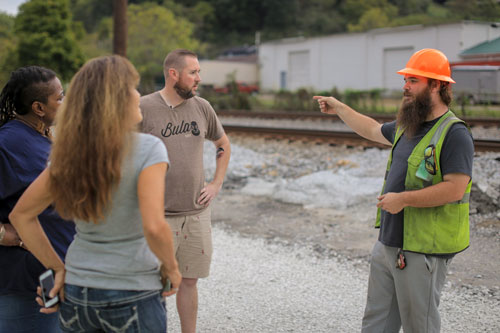
“If you never stop being curious about the world and your place in it and you maintain faith that you’ll be able to keep yourself afloat, automation is just one more challenge to be understood and overcome.” – 邁克爾·馬林納
Out of millions of Americans, what makes Dana, 傑瑞米, and Bernita so special that they are able to represent the values you want to present to the audience?
The challenge with every road trip is selecting people who we see as both highly individual and representative of a diverse and multifaceted audience of viewers. The three of them each have very unique stories, but that doesn’t mean their stories aren’t relatable. Even if you’re not in quite the same circumstances as they are, they all took the chance to redefine their lives as the world and the workforce were redefining themselves around them. We hope that’s something everyone can be inspired by.
What do you believe are the skills we should be focused on in the age of automation? If you had to pick one skill (above all the rest) that you think is the most important, 那會是什麼?
The main answers I’ve seen to this question usually revolve around gaining STEM skills, learning to code, that sort of thing. I think those are pragmatic ideas, but they can definitely feel stifling too. What if those skills aren’t in your wheelhouse or you’re just not interested in acquiring them? So I’d say the most important skill would be maintaining a sense of resourcefulness and curiosity. Machines can only change if we program them to, but you have direct agency over your life and we so often forget that. If you never stop being curious about the world and your place in it and you maintain faith that you’ll be able to keep yourself afloat, automation is just one more challenge to be understood and overcome.
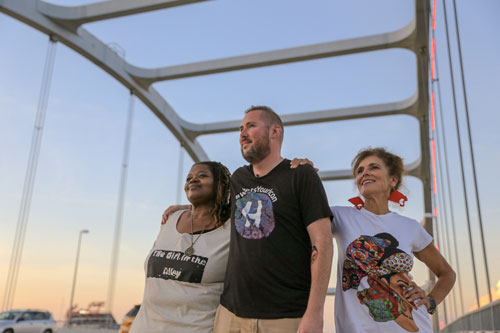
“The main takeaways, 我會說, are that resilience, 社區, and resourcefulness go a long way, and hope goes even further.” – 邁克爾·馬林納
What do you want people to take away from your program?
We want to empower people to seek out their own roads in life and that includes bringing to light awareness of the new training and educational pathways preparing adult learners to thrive in the changing world of work and advance in the face of economic change.
What do you want to say to the audience who are considering changing their career paths yet lack resources to pursue their dreams? What are the main takeaways?
We hope “Rerouting” is an inspiration for them. A huge part of each roadtripper’s story is that roadblocks and obstacles have cropped up and probably will continue to crop up at every turn. The main takeaways, 我會說, are that resilience, 社區, and resourcefulness go a long way, and hope goes even further.
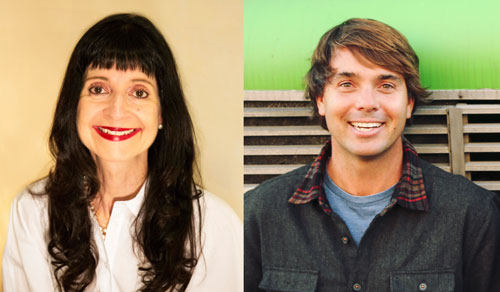
C.M. Rubin and Michael Marriner
感謝您對我們的 800 加 全球貢獻者, 教師, 企業家, 研究人員, 企業領導, students and thought leaders from every domain for sharing your perspectives on the future of learning with 全球搜索教育 每月.
ç. M. 魯賓 (凱茜) 是CMRubinWorld的創始人, 一個在線 出版公司專注於全球學習的未來, 和 Planet Classroom的聯合創始人. 她是三本暢銷書的作者 書和兩本廣泛閱讀的在線叢書。魯賓收到了 3 阿普頓·辛克萊爾 榮獲“全球教育搜索”獎項。該系列, 哪一個 青年倡導者, 在推出 2010 並匯集 來自世界各地的傑出的思想領袖,探討關鍵 面對國家的教育問題.
按照ç. M. 魯賓在Twitter: www.twitter.com/@cmrubinworld


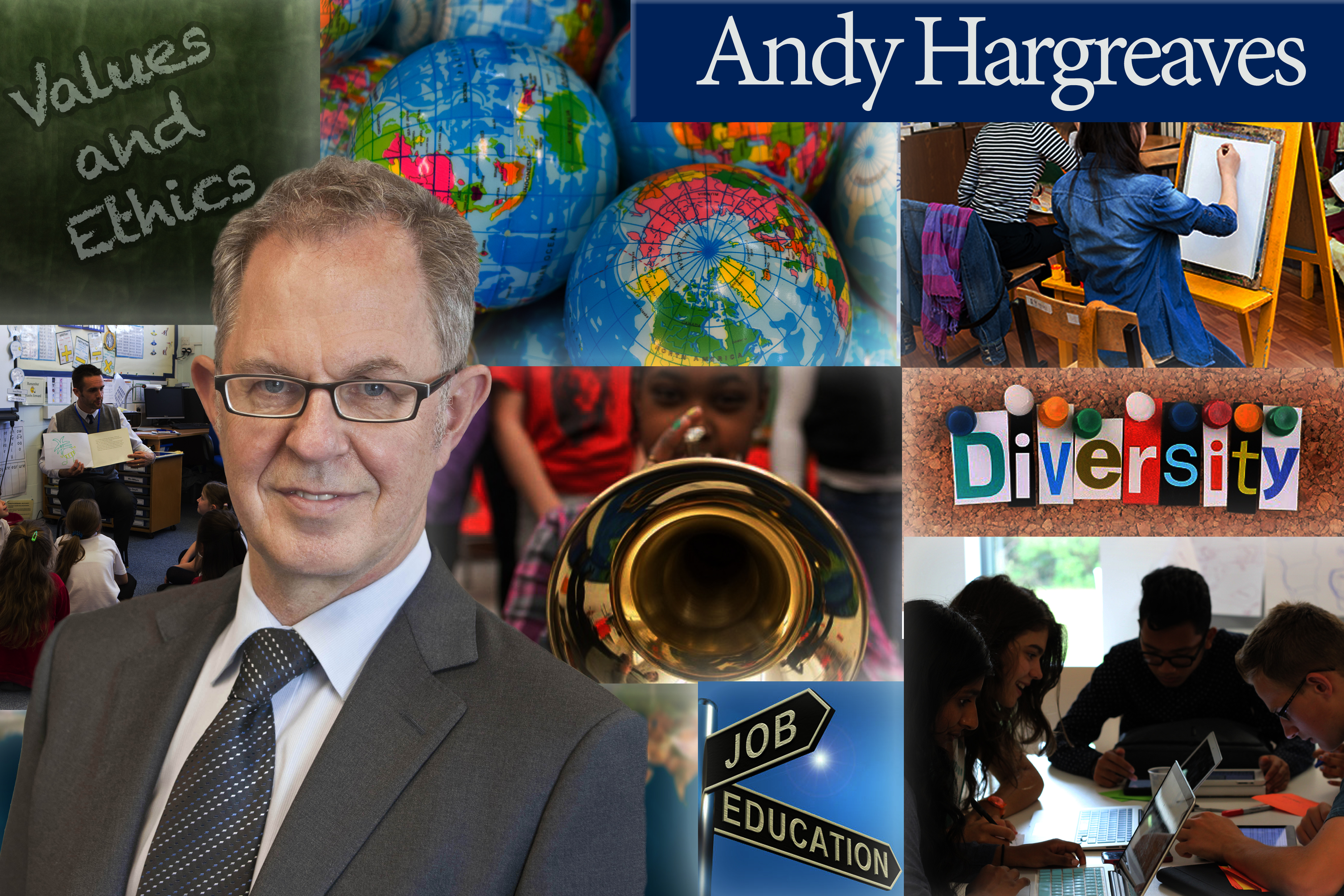
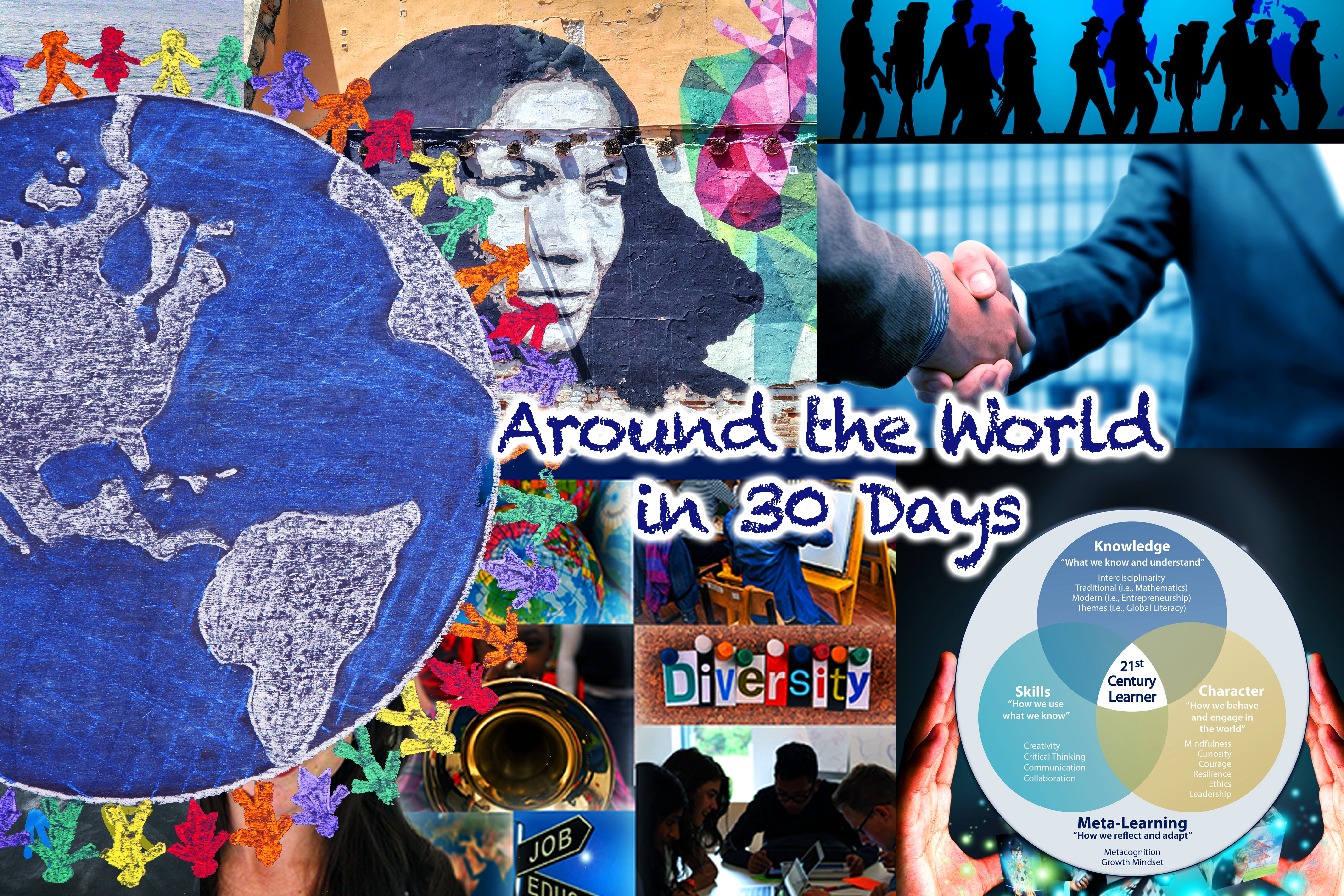
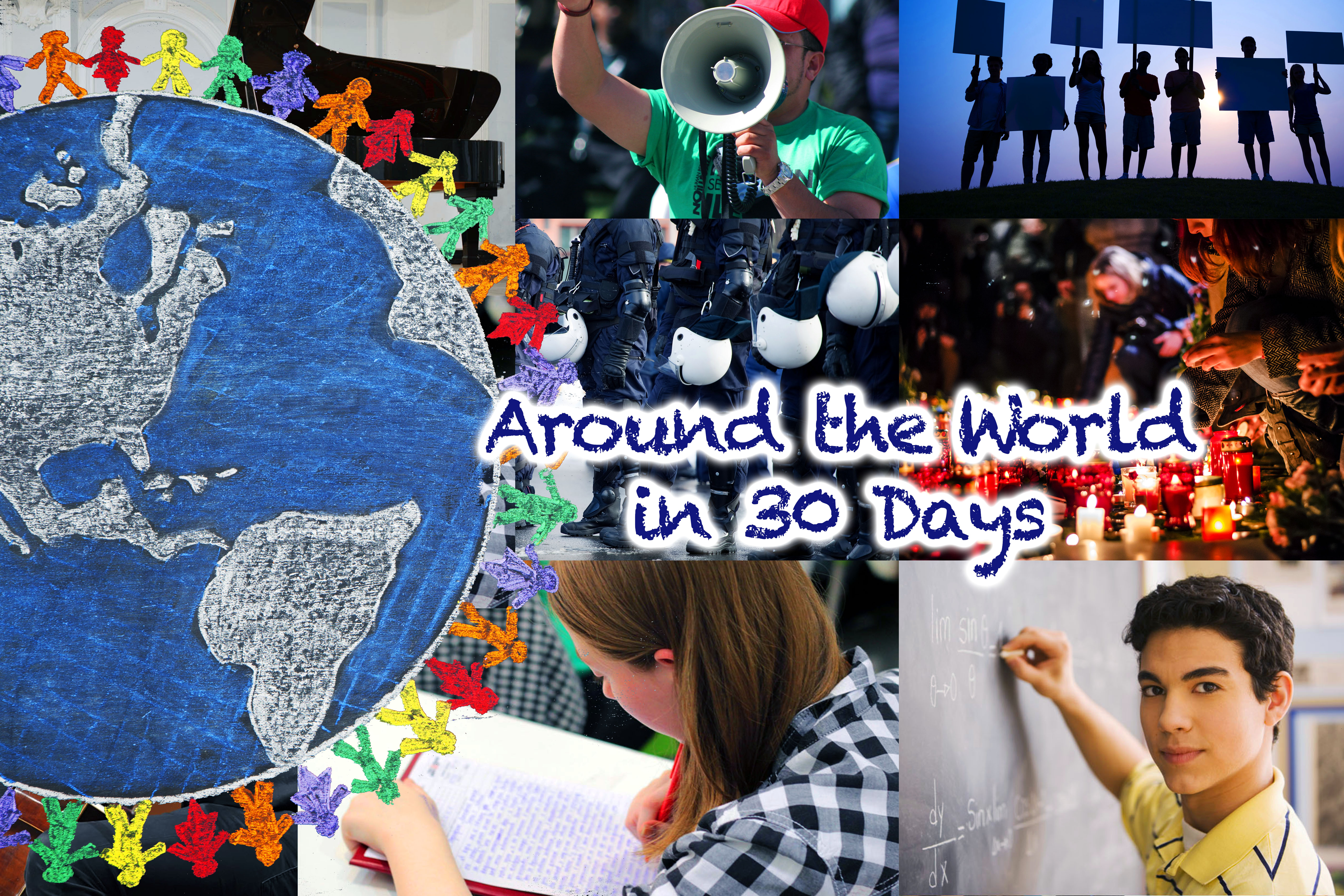
最新評論